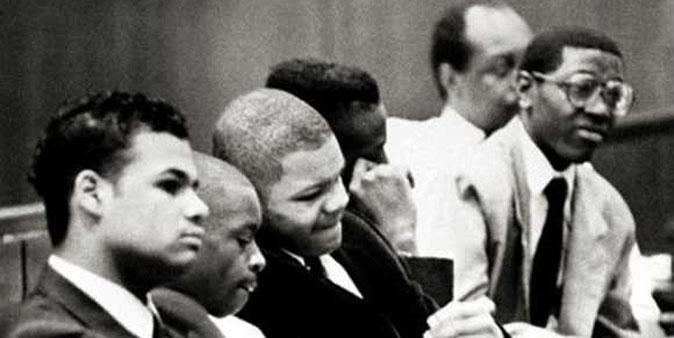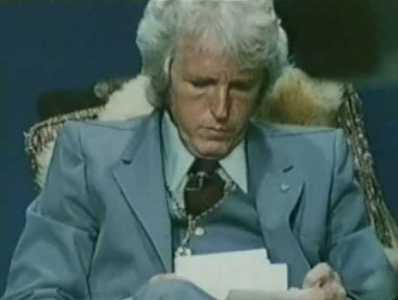
PBS is now broadcasting the excellent documentary The Central Park Five, about the media-driven rush to wrongly convict five young men of the rape attack upon the Central Park Jogger. The film is co-directed and co-written by famed documentarian Ken Burns (The Civil War, Baseball) , his daughter Sarah Burns and her husband David McMahon from Sarah’s book of the same name. The Central Park Five is just as credibly researched as Ken Burns’ previous work but has more of a bite, more of a sense of outrage.
The Central Park Five begins with the actual perpetrator of the crime, so we immediately are reminded that the Central Park Five teens are innocent, which helps us absorb their experience through their eyes. That’s critical for us to understand how they could have been browbeaten into confessing to crimes that they did not commit.
We see their video confessions and hear from the Five and their families today. We also hear from lawyers, politicians and journalists, but not from the police or prosecutors.
The story of The Central Park Five is remarkably compelling. It’s also an important film. Viewers will never assess confessions induced by police interrogations in the same way again.

